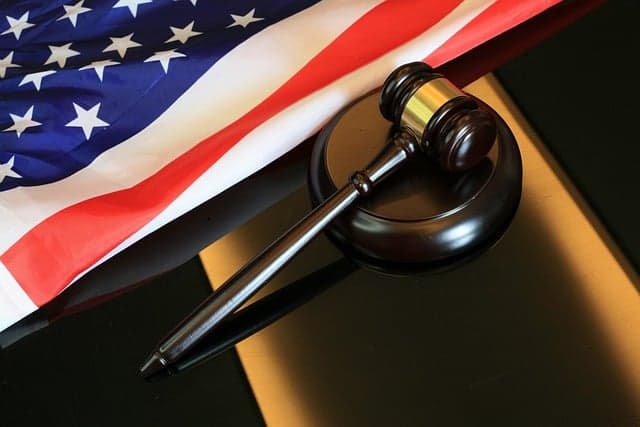Litigation is a complex and important legal process used to resolve disputes and conflicts between parties. Understanding the main stages of litigation is essential in order to effectively participate in legal procedures and protect your rights. In this article, we will look at the main stages of litigation and the role of each stage.
Filing a lawsuit
Litigation begins with the filing of a lawsuit. The plaintiff (the party initiating the case) presents his or her claims and demands to the court, stating the violation of rights or the unlawful behavior that has occurred on the part of the defendant (the party against whom the lawsuit is filed). The lawsuit must clearly state the claims and the basic facts of the case.
Answer to the lawsuit
After a lawsuit is filed, the defendant must file his or her answer to the lawsuit. This is a document in which the defendant refutes or admits the claims and demands made by the plaintiff. The defendant may also present his or her counterclaims and defenses, as well as indicate that there is no need to satisfy the plaintiff’s claims.
Preparatory procedures
At this stage, the parties gather the necessary evidence, submit lists of witnesses and experts, and ask the court to identify preliminary issues to be addressed during the trial. Mediation and attempts at pre-trial dispute resolution are also possible.
Consideration of the case
At this stage, the court considers the evidence and arguments of both parties. The parties present their arguments, call witnesses and experts to support their position. The judge makes a decision based on the evidence presented and the applicable law.
Issuance of judgment
After hearing the case, the court issues a judgment. It may be a decision in favor of the plaintiff (satisfying his claims), a decision in favor of the defendant (rejecting the plaintiff’s claims), or a mixed decision where only part of the plaintiff’s claims are satisfied.
Appeal
If either party disagrees with the court’s decision, they can appeal. The appeal process allows the case to be reviewed by a higher court and the correct application of the law in the original judgment to be verified.
Enforcement of the judgment
If a judgment has a legal effect, the judgment must be enforced. This means that the parties must comply with the judgment or, if necessary, contact law enforcement agencies to enforce it.
Legal processes can be complex and confusing, and each case is different. It is important to seek the assistance of an experienced and professional attorney who can help you understand the complexities of litigation and protect your rights throughout the legal process.
